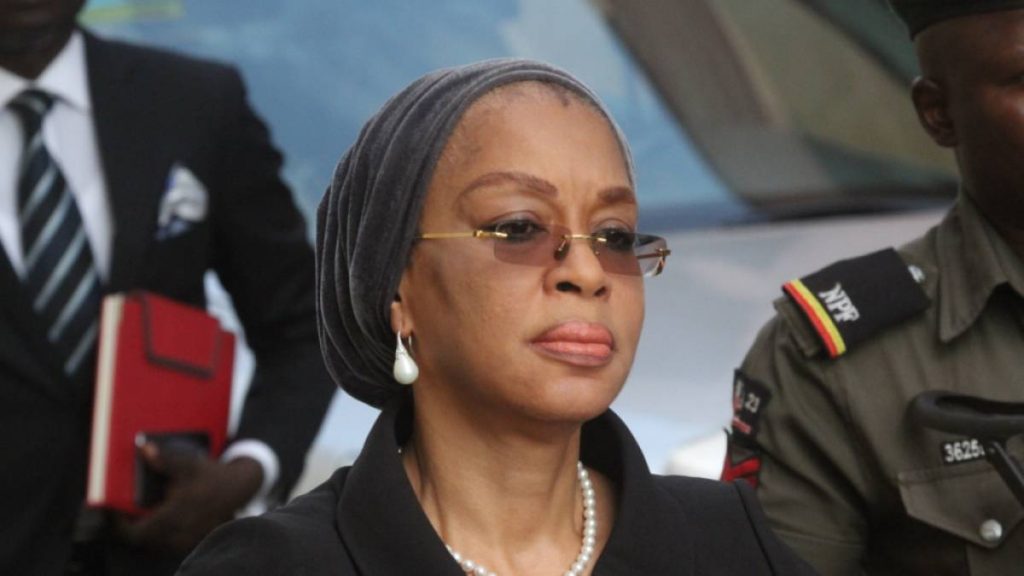According to the court, from the two exhibits tendered before it by the Economic and Financial Crimes Commission (EFCC), the National Judicial Council (NJC) had concluded disciplinary proceedings against Justice Ofili-Ajumogobia after which its recommended her sack.
Justice Aikawa also held that from the exhibit EFCC 02, which is a letter written by President Muhammadu Buhari to the Chief Justice of Nigeria (CJN), it can be clearly seen that the President had accepted NJC’s recommendation.
He also rejected the argument of Justice Ofili-Ajumogobia’s counsel, Chief Robert Clarke (SAN), that the exhibit “EFCC 02” is a document that cannot be tendered and admitted in the proceedings.
Clarke had maintained that the mere fact that the letter was addressed to the CJN and not to the NJC or the Chairman of the Federal Judicial Service Commission makes it a private document.
But Justice Aikawa held that the fact that the letter was marked “restricted” did not render it inadmissible, noting that the letter is a public document and that it was sent to the EFCC by the Secretary to the Government of the Federation with a cover letter.
The judge, therefore held that since Justice Ofili-Ajumogobia is no longer a serving judge when the instant charge was filed, the EFCC is within it’s right to try her.
According to the court, from the two exhibits tendered before it by the Economic and Financial Crimes Commission (EFCC), the National Judicial Council (NJC) had concluded disciplinary proceedings against Justice Ofili-Ajumogobia after which its recommended her sack.
Justice Aikawa also held that from the exhibit EFCC 02, which is a letter written by President Muhammadu Buhari to the Chief Justice of Nigeria (CJN), it can be clearly seen that the President had accepted NJC’s recommendation.
He also rejected the argument of Justice Ofili-Ajumogobia’s counsel, Chief Robert Clarke (SAN), that the exhibit “EFCC 02” is a document that cannot be tendered and admitted in the proceedings.
Clarke had maintained that the mere fact that the letter was addressed to the CJN and not to the NJC or the Chairman of the Federal Judicial Service Commission makes it a private document.
But Justice Aikawa held that the fact that the letter was marked “restricted” did not render it inadmissible, noting that the letter is a public document and that it was sent to the EFCC by the Secretary to the Government of the Federation with a cover letter.
The judge, therefore held that since Justice Ofili-Ajumogobia is no longer a serving judge when the instant charge was filed, the EFCC is within it’s right to try her.
